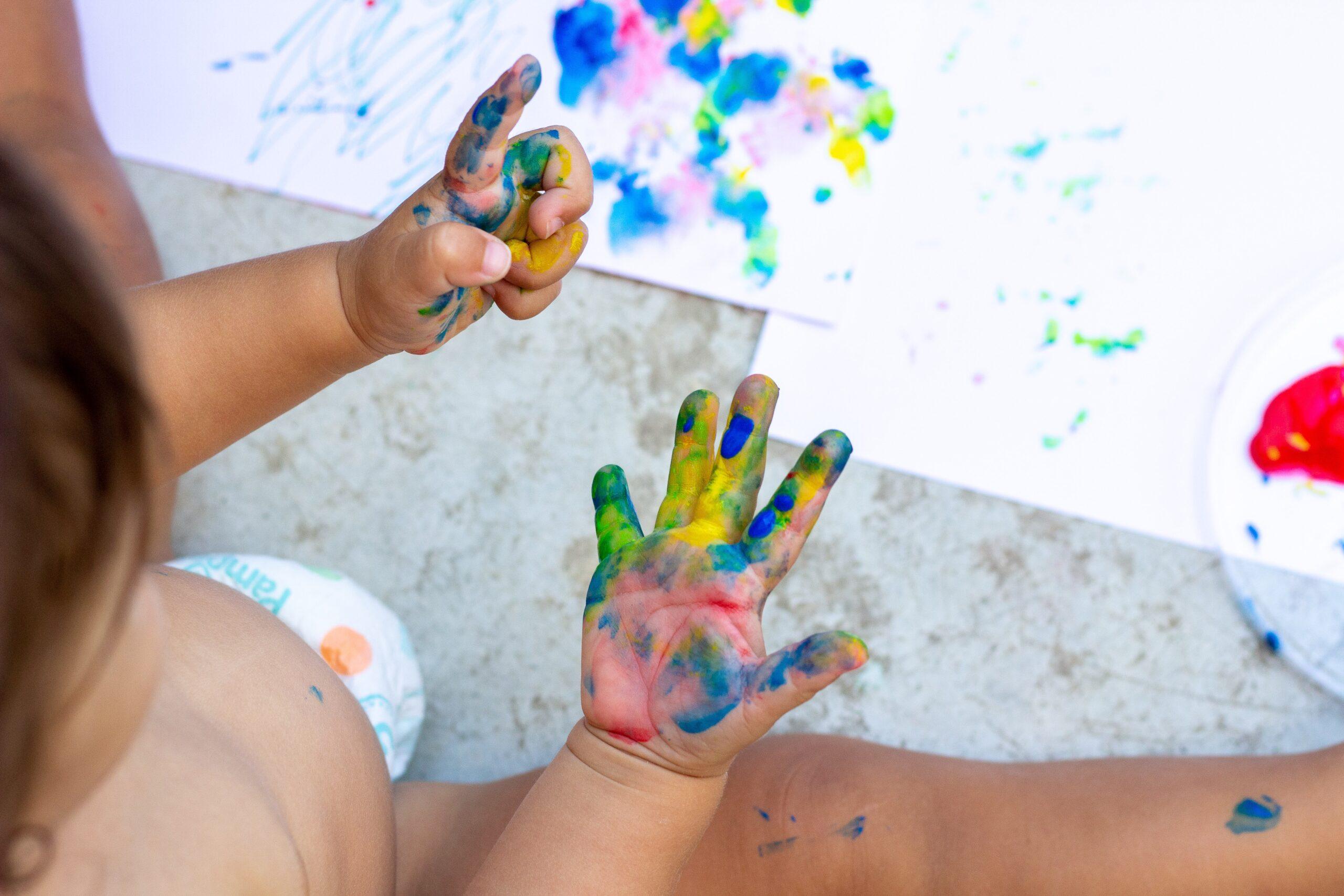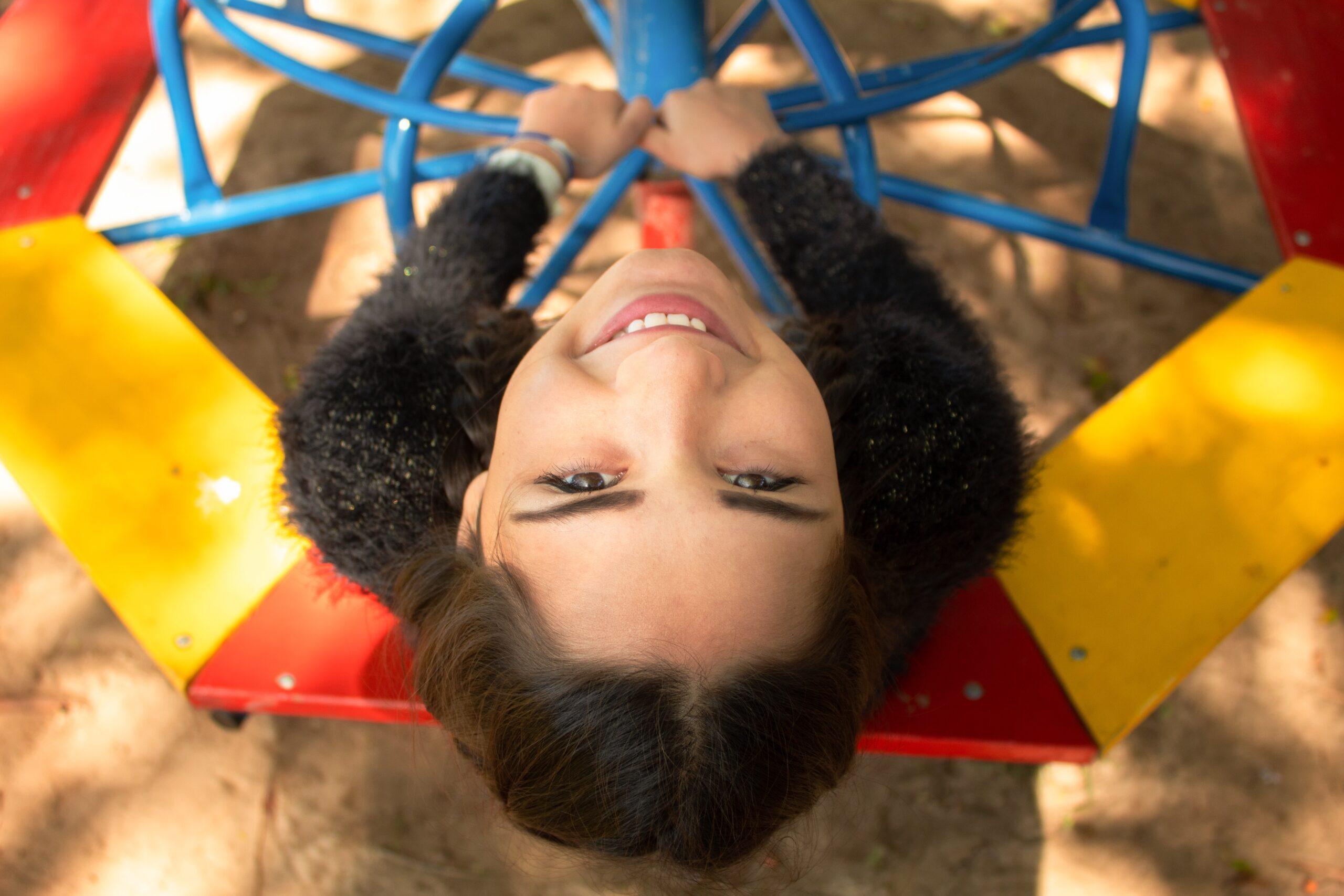When an emergency strikes, kids don’t need someone anxious and confused; they need a prepared parent. Some people feel that taking action to prepare your home and family for natural disasters is a waste of time. However, the unexpected can happen to anyone. Equipped with the following knowledge, you’ll be more apt to handle dangerous situations, whenever they may strike.
Preparing for House Fires
According to the U.S. Fire Administration, roughly 600 children nationwide under the age of 14 die in house fires every year. This is why its especially important to have a fire escape plan in place. Remember to make considerations for the layout of your home. For example, some houses may require a two-story ladder to provide an exit route if stairwells become blocked by flames or smoke. Ladders are recommended for each individual room above the first level.
Fire extinguishers and smoke alarms should be installed on every floor and tested regularly. Keep in mind that while wired alarms are great, a battery backup is recommended. This safeguards you during power outages. Some children also fail to wake to the sounds of traditional smoke alarms. If youre concerned this may happen, consider voice-recorded alarms that wake sleepers by name.
Ensure that wiring in your home is up to date. Also, everyone should be well-versed in how to deal with the various types of fires, including grease and electrical fires. Fire-proofing and waterproofing safes that hold important documents can also save you a world of trouble and tears in the event of a fire or flood.
Surviving Floods
Fire escape routes can easily be substituted for fleeing floods. Make sure you have a route to the roof that is easily accessible. Confirm that your kids can access the roof on their own. They should be made aware of who to contact in an emergency situation, too. A CB radio kept in your home is advisable, as well as home emergency kits on every floor. These are good for urgent situations and should include the following.
- Food and clean water to support your family for a minimum of 72 hours
- Candles
- Waterproof matches or a butane lighter
- Flashlights
- Dry clothing
- Blankets
- Two-way radios
- Chemical toilet
Your kit may vary depending on your situation. For instance, those with infants may want to include pre-mixed formula. If you are in a floodplain, consider storing sandbags and additional non-drinking water for cleaning clothes and bathing. Invest in a gas-powered generator to provide power in the event of long-term outages. Remember to keep generators elevated to avoid contact with water from the flood.
Enduring Blizzards
Blizzards may leave you trapped without electricity, which could mean loss of heat. The same home survival kits used for flooding are great for blizzards. However, those living in particularly cold climates should include heavy blankets, hand warmers and extra candles in their emergency kits to help generate heat.
Always have more than one safe option to heat your home. Wood stoves, gas-powered heaters and generators are solid options. Also consider a camping-style propane cook stove, which is a heat source, melts snow for drinking water and warms canned food.
Remember, its best to stay put during an emergency especially one that includes extremely low temperatures and wind chills of a snowstorm. Never leave the safety of your home unless the dire situation at your location exceeds that of the external elements.
Dealing with Blackouts
Most of what you’ve just read applies to blackouts. Generators, candles and waterproof matches are particularly helpful when you’re left in the dark. Purchase hand-cranked radios that double as flashlights. The no-battery option proves invaluable in an emergency situation, particularly with children who are afraid of the dark. Not having to worry about dead batteries is also a plus.
Emergencies that involve your children can be terrifying. But if you use some forethought and are prepared, these situations can become reminiscent stories rather than tragic tales.




